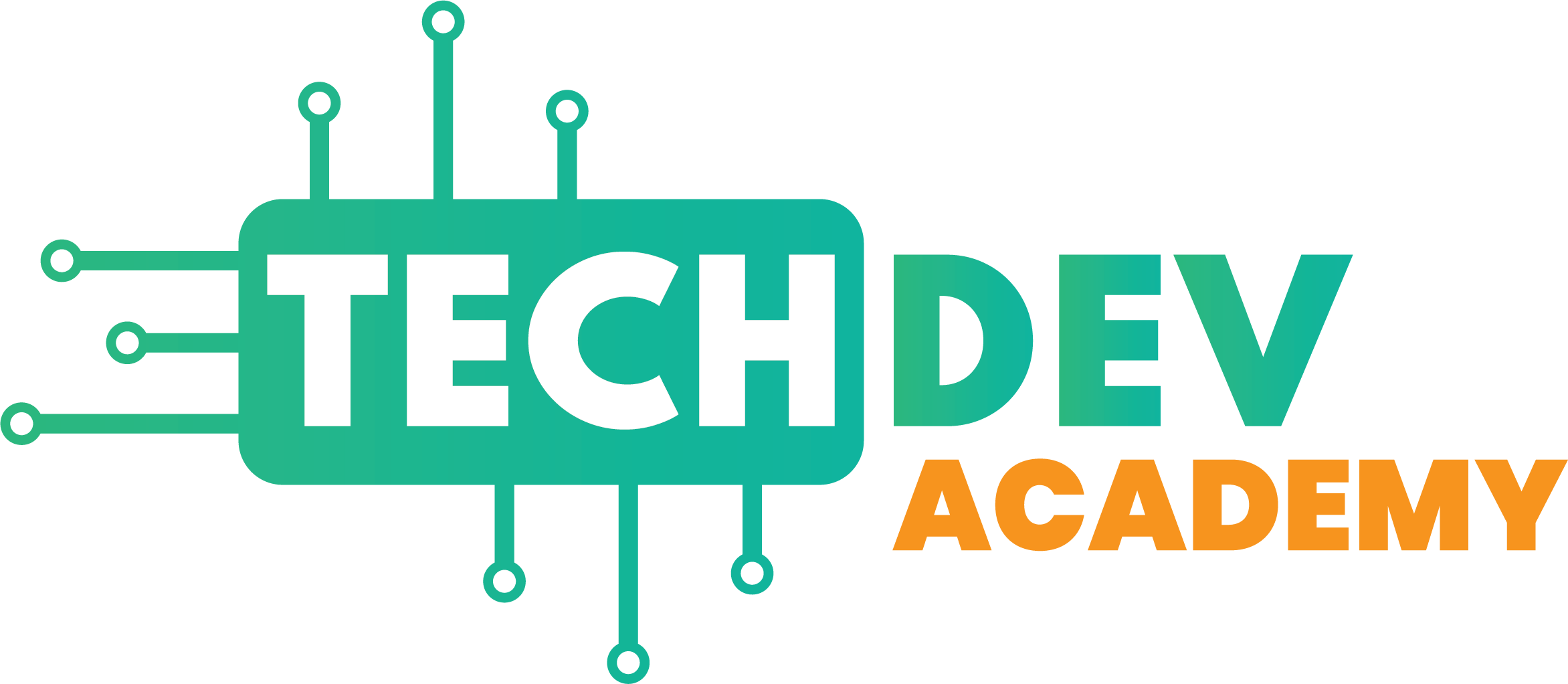
As a high school student, college prospects can be exciting and daunting. High school students must prepare academically for college starting from their freshman year. Starting the preparation early and planning wisely can help prevent stress and uncertainty in later years.
High school is an excellent time for learning, exploring, and, most important, planning for the future. College brings academic and non-academic demands that differ from high school, so it’s necessary to equip the essential skills and talents to thrive at high school.
Your academic selections and pursuits determine your higher education in college. In this blog post, we will cover some strategies, tips, and guidelines that will help you prepare academically for college during your high school.
Adopt Proper Study Habits
College studies are significantly more challenging than high school curricula. Developing efficient study habits will better prepare you for college. Following are some tips that can help you improve your study habits:
- Stay organized: Use a to-do list (physical or digital) to jot down all the and check them off as you complete them.
- Use a calendar: Schedule your days, weeks, and months to stay on top of your commitments.
- Prioritize your tasks: Determine the significance and urgency of each task to prioritize effectively.
- Enhance note-taking skills: Actively listen during lectures and learn different note-taking methods such as the Cornell method or mapping, to find what works best for you.
- Explore study environment: Try out different study environments to find out which one suits you.
Improve Your Writing Skills
Proficiency in written communication is an invaluable skill in every walk of life and can give you an advantage in college admission. Following are the steps that you can take to improve your writing:
- Define your audience and purpose: Whenever you sit down to write something, do so by defining your targeted audience and your intention of writing. This approach will help you tailor your content appropriately for the targeted audience.
- Keep it simple: Cut down heavy words that reduce the reading pace.
- Be clear and concise: Ensure your sentences are unambiguous and effectively communicate your ideas.
- Check grammar and punctuation: Proofread your writing to ensure it is error-free and meets high standards.
- Enhance presentation: Pay attention to formatting, organization, and overcall presentation of your writing.
- Keep studying: Regularly work on your research and grammar skills to improve your writing.
Research Career Interests and Potential Majors
The freshman and sophomore years are the ideal time for high school students to discover their natural interests and inclinations. Use your freshman year to explore a variety of careers and majors and the sophomore year to delve deeper into subjects that intrigue you. See guidance from your high school counsellor to discover subjects aligned with your interests and goals.
If you like maths and physics, you might want to pursue a degree in STEM subjects. If you enjoy writing and expression, journalism can be the right fit for you. However, there’s no need to anchor onto anything yet. Try out different options to determine what sparks your interest.
Take Classes That’ll Prepare You for the Future
Once you have a basic idea of your interests, start taking relevant classes to explore further. These classes will allow you to better prepare academically for college and increase your odds of acceptance. Colleges and admission officers look for a solid academic foundation to build on in the future. Taking five additional classes per semester can help you with that.
If you choose a career in the healthcare field, take biology and chemistry classes. Enroll in only those classes that are relevant to your interest and goals. However, avoid overloading your schedule with too many challenging courses that could negatively impact your GPA.
AP (Advanced Placement) and IB (International Baccalaureate) are two different programs that offer challenging coursework for high students. AP classes allow high school students to earn college credits. These classes include US history, English literature, biology, art history, etc. The IB program fosters critical skills and global awareness in students. The IB classes include sciences, mathematics, linguistic studies, etc.
Successfully completing AP or IB courses and exams can boost your GPA and demonstrate your readiness for college. However, be cautious not to overwhelm yourself with too many demanding classes that could jeopardize your grades..
Taking a Standardized Test: SAT or ACT
Although many colleges have made test scores optional, taking a standardized test can still offer several benefits. Standardized tests like the SAT (Scholastic Assessment Test) and ACT (American College Testing) are widely accepted by colleges and universities throughout the US, allowing you to apply to multiple institutions and increasing your chances of admission.
To maximize your opportunities, it’s recommended to take the SAT or ACT before the end of the junior year. This timeline provides the chance to prepare and retake the tests if needed before applications are due.
Additionally, consider taking PSAT during your sophomore or junior years. The test can be a practice exam for standardized tests like SAT and ACT. You may also qualify for the National Merit Scholarship Program and other scholarships.
Start your preparation ahead of time so that you can give your best confidently on the test day. To pass the SAT or ACT, you must fully grasp the fundamentals, i.e., maths and grammar. In SAT, you have to solve mathematical problems using the given formulas. While in ACT, formulas are not given, and you have to retrieve them from your memory. Both exams also test grammar extensively, so ensure a solid understanding of these core concepts.
Take as many practice tests as you can. Practice makes perfect. There are many mock tests available online for free. Diligent practice will give you a massive boost in your preparation for the exam.
Practice time management strategies to complete the test in the given time. Make yourself familiar with the guidelines and directions of the test earlier so that you don’t have to waste time on the exam day. Don’t worry; these guidelines mostly remain the same from year to year.
Don’t phase out your self-care. Maintain physical and mental health by sleeping properly, staying hydrated, and a healthy diet. Taking care of yourself contributes to optimal academic performance and overall well-being.
Maintaining a high GPA throughout high school education
Maintaining a high GPA throughout high school is crucial. A strong GPA showcases your commitment to education and opens doors to many colleges, universities, and scholarships. While focusing on college classes and entrance tests, ensure they do not hinder your studies or negatively impact your grades.
Create a Four Year Masterplan
Work with your high school counsellor to map out a four-year blueprint of college classes and other academic and extracurricular activities. Make a balanced roadmap and conveniently include only as many classes as you can take without affecting your GPA.
This schedule doesn’t need to be strict, and you can alter it as you advance on your high school journey. In freshman year, for example, you might want to take several college classes to explore and identify your interests and then vary your plan to include more relevant classes later.
Additionally, consider seeking guidance from a mentor and participating in mentorship programs to help guide you in creating your plan. Mentors can provide valuable insights and advice on academic and career goals, as well as offer support and encouragement throughout the high school journey.
Conclusion
Starting to prepare academically for college early in high school offers numerous advantages. Developing good study habits and improving your writing skills can prove highly valuable in college life.
Start researching different careers and recognizing your interests. Taking college classes relevant to your career plans and taking standardized tests improve your chances of admission.
Remember, your college preparation should not affect your GPA throughout high school, as this can adversely affect your college admission.

